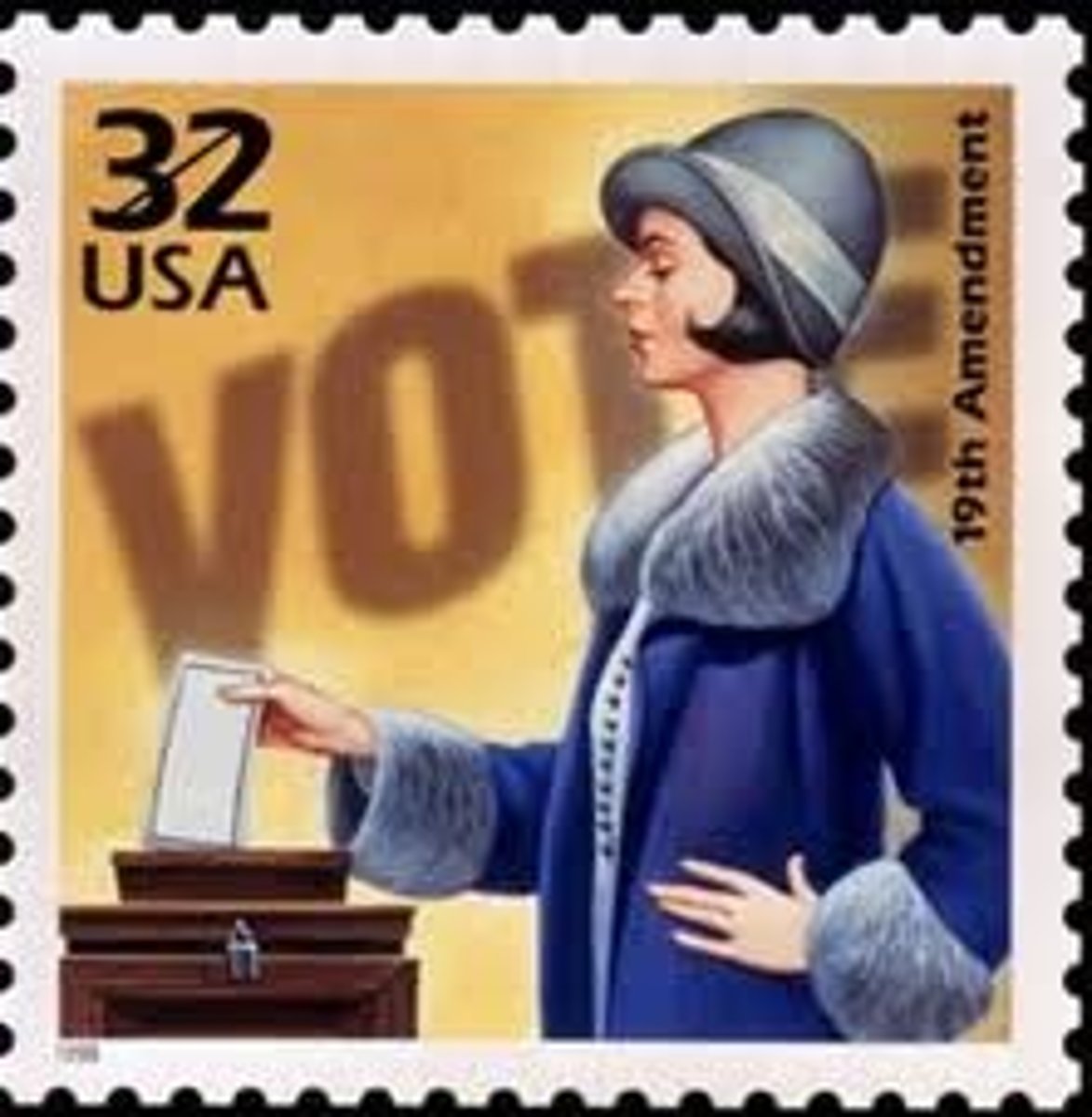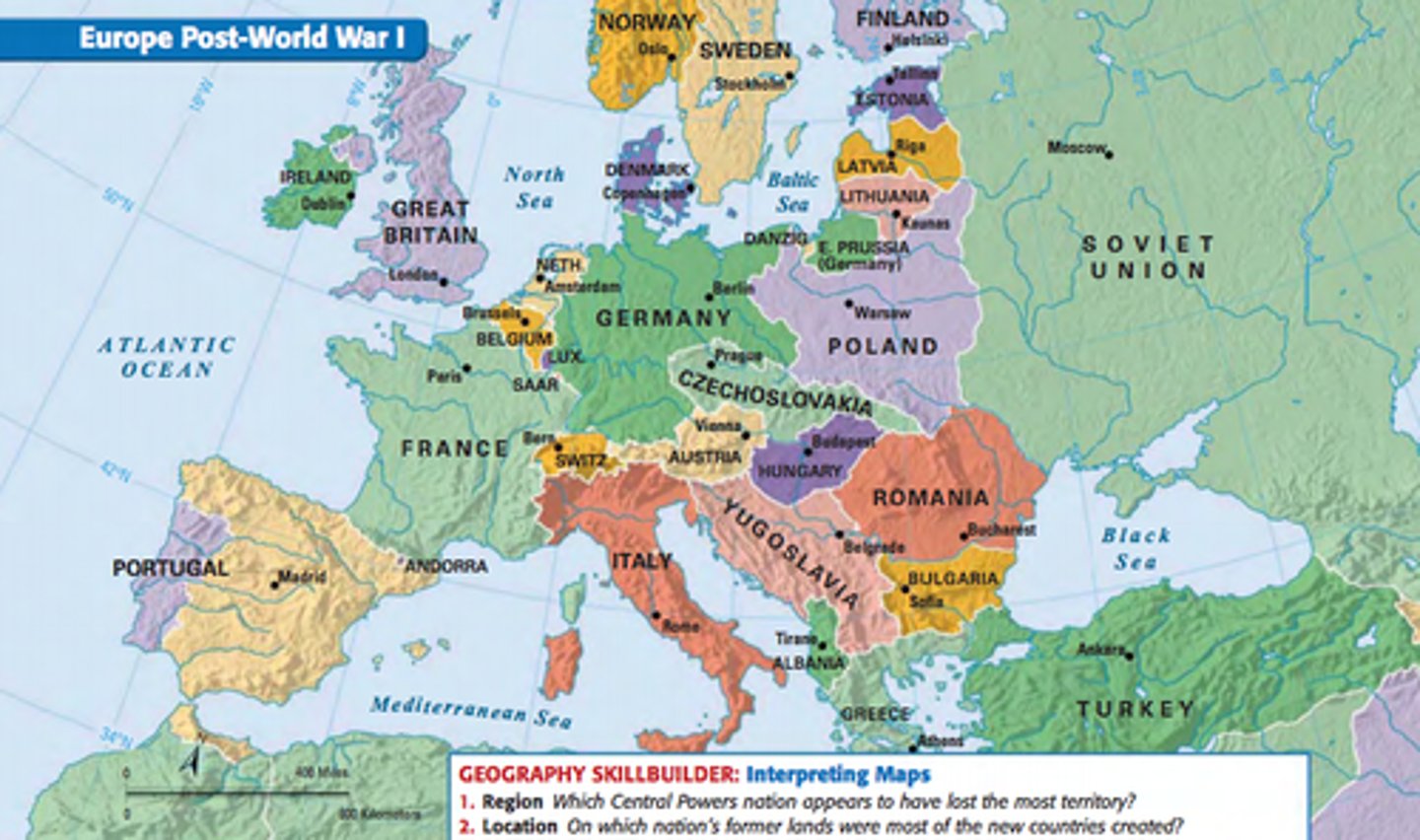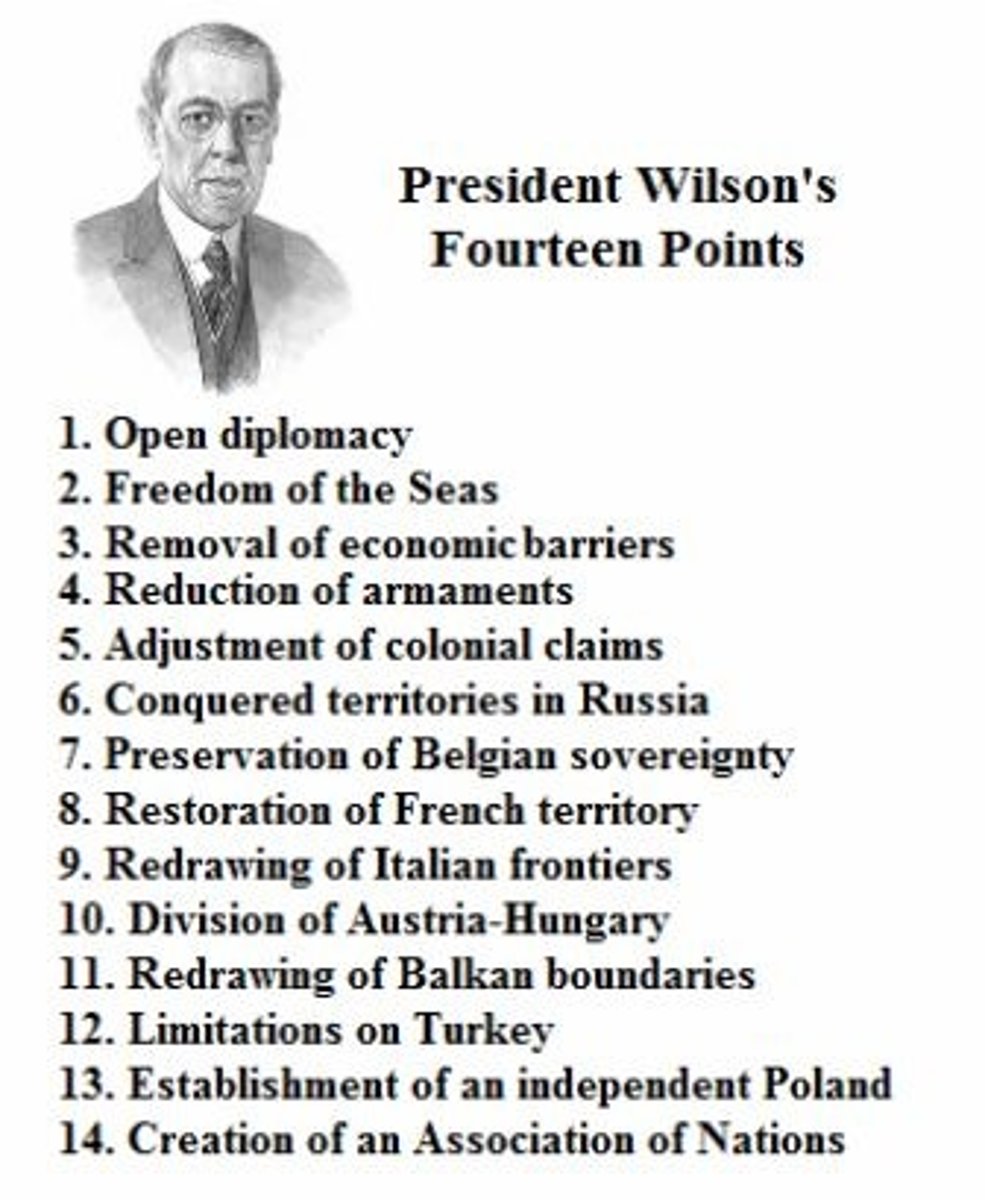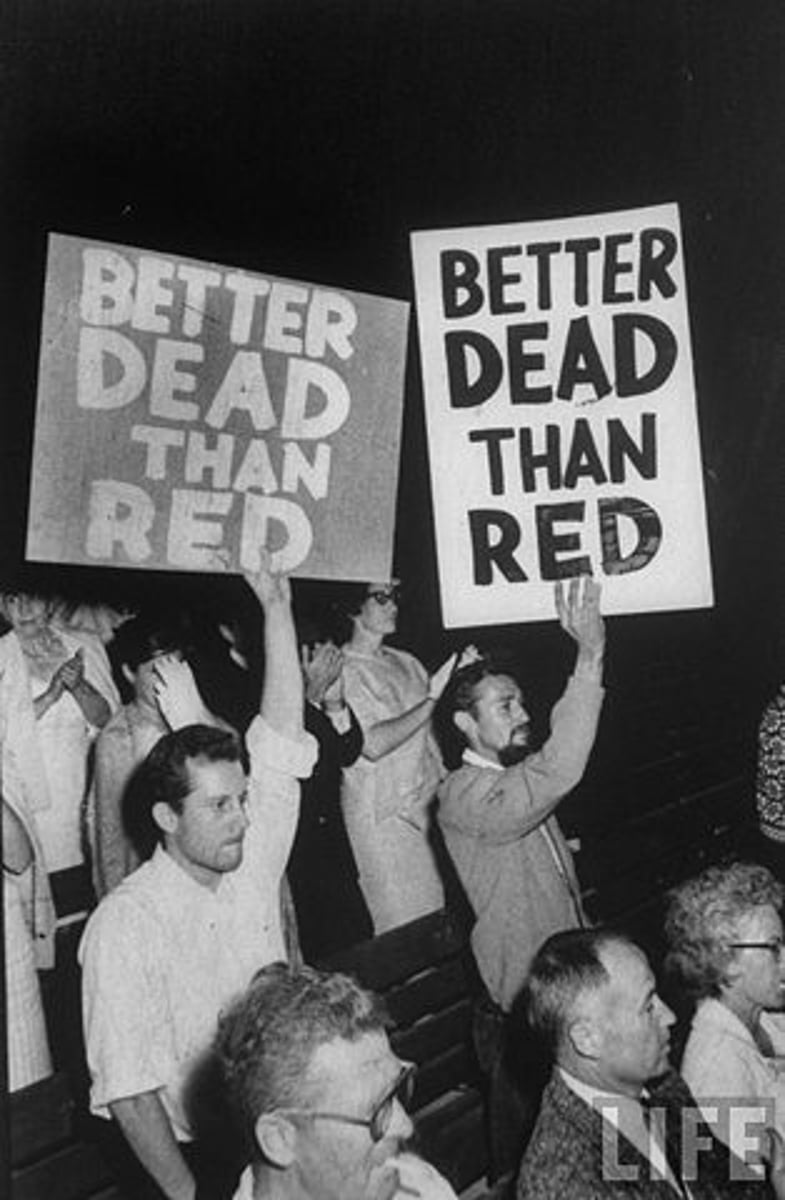AP US History Period 7
1/73
There's no tags or description
Looks like no tags are added yet.
Name | Mastery | Learn | Test | Matching | Spaced | Call with Kai |
|---|
No analytics yet
Send a link to your students to track their progress
74 Terms
imperialism
A policy in which a strong nation seeks to dominate other countries politically, socially, and economically.
isolationism
The U.S. policy of avoiding entangling alliances with European powers.
Open Door Policy
A policy proposed by the US in 1899, under which ALL nations would have equal opportunities to trade in China.
Spanish-American War
A conflict fought between Spain and the United States in 1898. The U.S. defeated Spain and gained the Philippines, Guam, and Puerto Rico.
Progressive Era
Progressives tended to be women, middle class, and live in urban areas. Sought to reform problems created by the Industrial Revolution.
initiative
In politics, the procedure whereby voters can, through petition, present proposed legislation directly to the electorate.
referendum
The submission of a law, proposed or already in effect, to a direct vote of the electorate.
recall
In politics, a procedure for removing an official from office through popular election or other means.
Prohibition
A nationwide constitutional ban on the production, importation, transportation and sale of alcoholic beverages that remained in place from 1920 to 1933.
Women's suffrage
The women's right to vote, granted by the 19th amendment to the U.S. Constitution (1920).

The Great Depression
The deepest and longest-lasting economic downturn in the history of the Western industrialized world. In the United States.
conservationists
Those who advocate for the sustainable use and management of natural resources including wildlife, water, air, and earth deposits, both -- renewable and non-renewable.
mass media
Diversified mediatechnologies that are intended to reach a large audience by mass communication.
The Great Migration
The movement of 6 million African-Americans out of the rural Southern United States to the urban Northeast, Midwest, and West that occurred between 1910 and 1970.
Treaty of Versailles
The peace treaty at the end of World War I. It ended the state of war between Germany and the Allied Powers.
League of Nations
An intergovernmental organization founded on 10 January 1920 as a result of the Paris Peace Conference that ended the First World War. It lacked an armed force to enforce policy and was not joined by the United States.
fascism
An authoritarian and nationalistic right-wing system of government and social organization.
americanization
The process of assimilating American character, manner, ideals, culture, and so on.
self-determination
In politics, the right of a people (usually based on ethnicity) to shape its own national identity and form a government, without outside coercion of influence.

graduated income tax
A tax on income in which the taxation rates are progressively higher for those whit higher income.
Muller v. Oregon (1908)
First case to use the "Brandeis brief"; recognized a 10-hour work day for women laundry workers on the grounds of health and community concerns.
Schenck v. U. S. (1919)
Unanimously upheld the Espionage Act of 1917 which declared that people who interfered with the war effort were subject to imprisonment; declared that the 1st Amendment right to freedom of speech was not absolute; free speech could be limited if its exercise presented a "clear and present danger."
socialism
An economic and governmental system based on public ownership of the means of production and exchange.
Eugene Debs
Prominent socialist leader (and five time presidential candidate) who founded the American Railroad Union and led the 1894 Pullman Strike
Roosevelt Corollary
Roosevelt's 1904 extension of the Monroe Doctrine, stating that the United States has the right to protect its economic interests in South And Central America by using military force.
Industrial Workers of the World (IWW)
Founded in 1905, this radical union, also known as the Wobblies aimed to unite the American working class into one union to promote labor's interests. It worked to organize unskilled and foreign-born laborers, advocated social revolution, and led several major strikes. Stressed solidarity.
Pure Food and Drug Act
Forbade the manufacture or sale of mislabeled or adulterated food or drugs, it gave the government broad powers to ensure the safety and efficacy of drugs in order to abolish the "patent" drug trade. Still in existence as the FDA.
Triangle Shirtwaist Fire
March 1911 fire in New York factory that trapped young women workers inside locked exit doors; nearly 50 ended up jumping to their death; while 100 died inside the factory; led to the establishment of many factory reforms, including increasing safety precautions for workers
segregation
Separation of people based on racial, ethnic, or other differences. Common in the South after the Civil War through the 1960s.
Harlem Renaissance
Black literary and artistic movement centered in Harlem that lasted from the 1920s into the early 1930s that both celebrated and lamented black life in America; Langston Hughes and Zora Neale Hurston were two famous writers of this movement.
Fourteen Points
The war aims outlined by President Wilson in 1918, which he believed would promote lasting peace; called for self-determination, freedom of the seas, free trade, end to secret agreements, reduction of arms and a league of nations.

Red Scare
A social/political movement designed to prevent a socialist/communist/radical movement in this country by finding "radicals," incarcerating them, deporting them, and subverting their activities. Periods of Red Scare occurred after both World Wars in the United States.

Sedition Act
A law passed by Congress in 1918 (during World War I) to make it illegal to say anything disloyal, profane, or abusive about the government or the war effort in WWI. Seen as a military necessity by some for effectively fighting in WWI.
Scopes Trial
Also known as the Scopes Monkey Trial;
1925 court case argued by Clarence Darrow and William Jennings Bryan in which the issue of teaching evolution in public schools was debated. Highlighted the growing divide between rural (more conservative) and urban (more liberal) interests in the United States.
Sacco and Vanzetti Trial
Nicola Sacco and Bartolomeo Vanzetti were Italian immigrants charged with murdering a guard and robbing a shoe factory in Braintree, Massachusetts. The trial lasted from 1920-1927. Convicted on circumstantial evidence; many believed they had been framed for the crime because of their anarchist and pro-union activities.
Kellog-Briand Pact
Idealistic agreement signed in 1928 in which nations agreed not to pose the threat of war against one another.
Smoot-Hawley Tariff
One of Herbert Hoover's earliest efforts to protect the nation's farmers following the onset of the Great Depression. Tariff raised rates to an all-time high.
Platt Amendment
This amendment to the new Cuban constitution authorized U.S. intervention in Cuba to protect its interests. Cuba pledged not to make treates with other countries that might compromise its independence, and it granted naval bases to the United States, most notable being Guantanamo Bay.
William Jennings Bryan
United States lawyer and politician who advocated free silver and prosecuted John Scopes (1925) for teaching evolution in a Tennessee high school (1860-1925).
communism
A political theory derived from Karl Marx, advocating class war and leading to a society in which all property is publicly owned and each person works and is paid according to their abilities and needs.
Wagner Act
Established the National Labor Relations Board; allowed employees to collectively bargain
Platt Amendment
Legislation that severely restricted Cuba's sovereignty and gave the US the right to intervene if Cuba got into trouble
Moral Diplomacy
Foreign policy proposed by President Wilson to condemn imperialism, spread democracy, and promote peace
Dollar Diplomacy
Foreign policy created under President Taft that had the U.S. exchanging financial support ($) for the right to "help" countries make decisions about trade and other commercial ventures. Basically it was exchanging money for political influence in Latin America and the Caribbean.
Big Stick Diplomacy
Diplomatic policy developed by T.R where his power and readiness to use military force if necessary. It is a way of intimidating countries without actually harming them and was the basis of U.S. imperialistic foreign policy.
Alfred Mahan
He believed that the future of military power lay in the navy. Wrote Influence of Seapower on History
William McKinley
25th president responsible for Spanish-American War, Philippine-American War, and the Annexation of Hawaii, imperialism. Is assassinated by an anarchist
Federal Reserve Act
a 1913 law that set up a system of federal banks and gave government the power to control the money supply
Clayton Anti-Trust
New antitrust legislation constructed to remedy deficiencies of the Sherman Antitrust Act, namely, it's effectiveness against labor unions
Sussex Pledge
A promise Germany made to America, after Wilson threatened to sever ties, to stop sinking their ships without warning.
Unrestricted Submarine Warfare
A policy that the Germans announced on January 1917 which stated that their submarines would sink any ship in the British waters
Lusitania
A British passenger ship that was sunk by a German U-Boat on May 7, 1915. 128 Americans died. The sinking greatly turned American opinion against the Germans, helping the move towards entering the war.
Yellow Journalism
Journalism that exploits, distorts, or exaggerates the news to create sensations and attract readers
Boxer Rebellion
1899 rebellion in Beijing, China started by a secret society of Chinese who opposed the "foreign devils". The rebellion was ended by British troops.
Militarism
build up your military
14 points
(1918) President Woodrow Wilson's plan for organizing post World War I Europe and for avoiding future wars.
"Making the world safe for democracy"
President Wilson's justification for getting America involved in WWI
Return to Normalcy
After World War I 1919-20s, when Harding was President, the US and Britain returned to isolatoinism.
Anti-Imperialist League
objected to the annexation of the Philippines and the building of an American empire. Idealism, self-interest, racism, constitutionalism, and other reasons motivated them, but they failed to make their case; the Philippines were annexed in 1900
Robert La Follette
1855-1925. Progressive Wisconsin Senator and Governor. Staunch supporter of the Progressive movement, and vocal opponent of railroad trusts, bossism, WWI, and League of Nations.
Square Deal
Economic policy by Roosevelt that favored fair relationships between companies and workers
Federal Farm Loan Act
Passed by president Wilson in 1916. Was originally a reform wanted by the Populist party. It gave farmers the chance to get credit at low rates of interest.
19th Amendment (1920)
Gave women the right to vote
17th Amendment
Direct election of senators
16th Amendment
income tax
18th Amendment
Prohibition of alcohol
Muckrakers
1906 - Journalists who searched for corruption in politics and big business
Upton Sinclair
muckraker who shocked the nation when he published The Jungle, a novel that revealed gruesome details about the meat packing industry in Chicago.
Ida Tarbell
A leading muckraker and magazine editor, she exposed the corruption of the oil industry with her 1904 work A History of Standard Oil.
WEB DU Bois
fought for African American rights. Helped to found Niagara Movement in 1905 to fight for and establish equal rights. This movement later led to the establishment of the NAACP
Booker T. Washington
African American progressive who supported segregation and demanded that African American better themselves individually to achieve equality.
Marcus Garvey
African American leader durin the 1920s who founded the Universal Negro Improvement Association and advocated mass migration of African Americans back to Africa. Was deported to Jamaica in 1927.
Ida Wells-Barnett
an early leader in the civil rights movement. She documented the extent of lynching in the United States, and was also active in the women's rights movement and the women's suffrage movement.
Great Migration
movement of over 300,000 African American from the rural south into Northern cities between 1914 and 1920